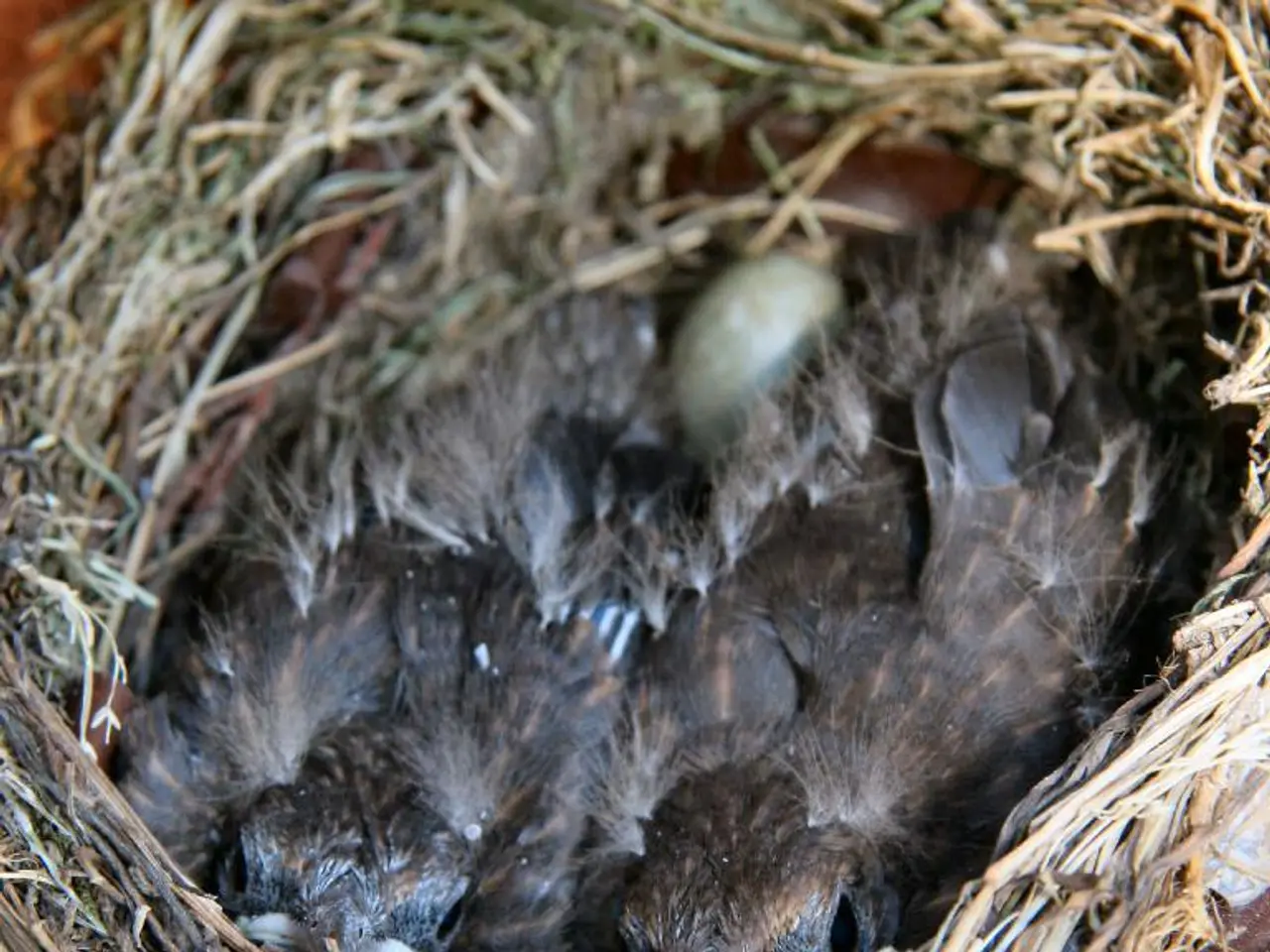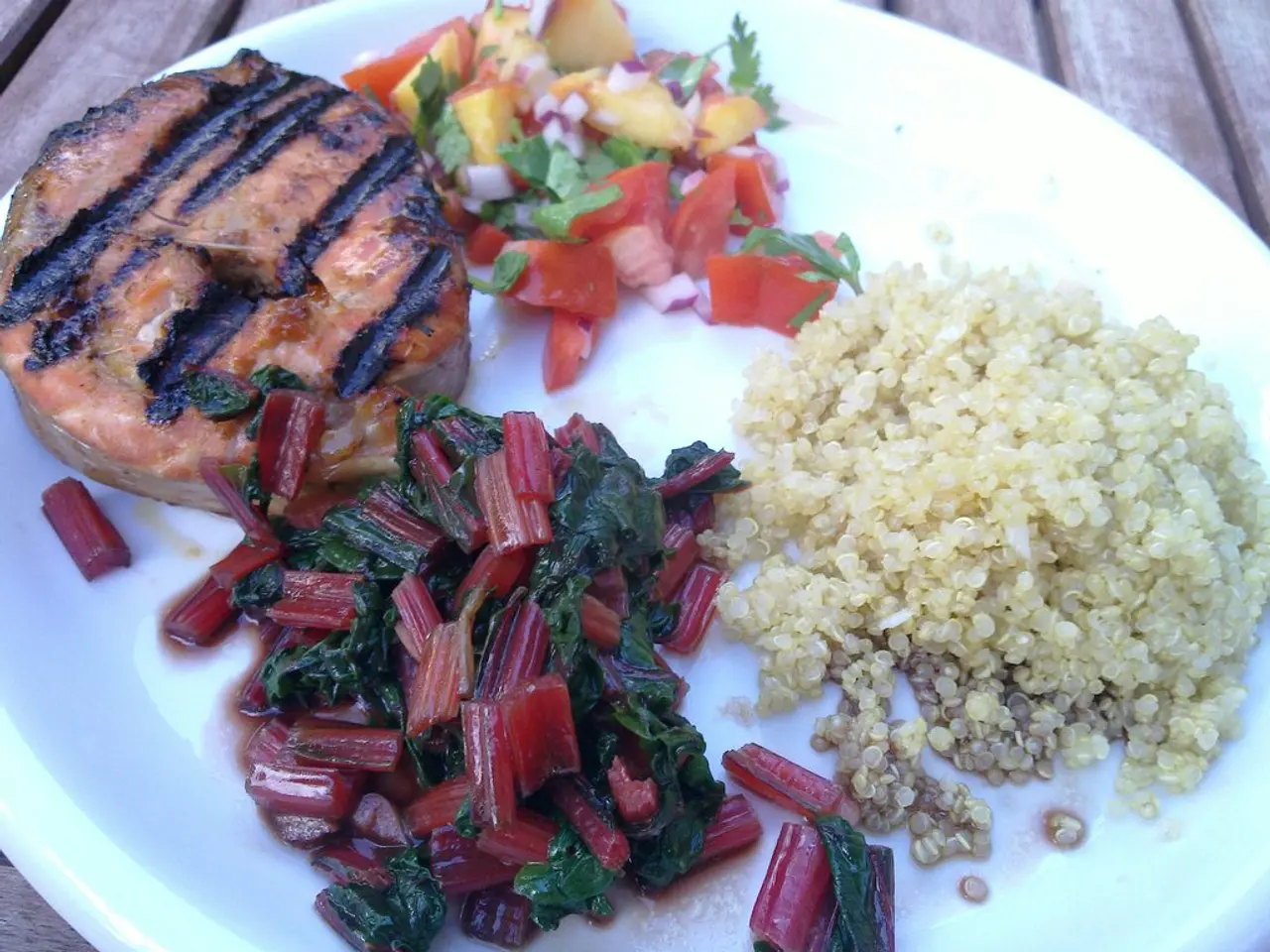Dusseldorf updates on the animal's expansion process
In Germany, handling wild animals, particularly those that are injured or sick, requires careful consideration to ensure both human safety and the animal's welfare. Here are some guidelines to follow:
## Handling Injured or Sick Wild Animals
1. **Avoid Contact**: Minimize direct contact with injured or sick wild animals to avoid transmission of diseases and to prevent causing further stress to the animal.
2. **Use Protective Equipment**: Wear gloves or use a cloth to handle the animal gently. This helps prevent exposure to potential pathogens and reduces the risk of injury from the animal's scratches or bites.
3. **Transportation**: If the animal needs to be transported to a veterinary clinic or a wildlife rehabilitation center, do so carefully. Use a secure, ventilated container to minimize stress and prevent further injury.
4. **Seek Professional Help**: Contact local animal welfare organizations or wildlife rehabilitation centers for advice and assistance. They can provide guidance on how to handle the animal safely and may be able to collect the animal for proper care.
5. **Legal Considerations**: In Germany, laws regarding wildlife handling are strict. It is generally illegal to keep wild animals as pets without proper permits. If you find a wild animal, check with local authorities (e.g., the Ordnungsamt or veterinary services) for guidance on how to handle the situation legally.
## Reporting and Support
- **Wildlife Rehabilitation Centers**: Many centers in Germany specialize in caring for injured wildlife. They should be contacted if you find an animal in need. - **Veterinary Clinics**: Some veterinary clinics may offer services for wild animals, especially if they are associated with a rehabilitation center.
It's important to note that human scent can cause some animal parents to reject their young. Dead wildlife should not be touched due to the risk of disease transmission. The Federal Nature Conservation Act prohibits damaging, destroying, or disturbing nesting, breeding, living, or refuge sites during the breeding season, which runs from March 1st to October 1st.
During the breeding season, it is also prohibited to prune hedges or forests. Dogs should be kept on a leash during this period to protect young animals, fledglings, and nests. Many wild animals have young on the move in the spring, so it's crucial to keep dogs under control.
If a young wild animal is found uninjured, it is best to avoid intervening and move on quickly. However, if the mother rejects the young, intervention may be necessary. In such cases, the young animal can be categorized as either a nestling (not yet feathered) or a fledgling (already have feathers). Nestlings should be returned to their own nest, while fledglings do not require help despite apparent "calls for help".
If wild animals are injured, weakened, or chilled, they may be removed from nature and taken to a vet for examination and treatment. The person who takes in injured wild animals is responsible for their species-appropriate, professional, and animal welfare-compliant care, including costs, with the aim of releasing them back into nature as soon as they have recovered and are independent. Keeping wild animals permanently is prohibited.
Extensive pruning of hedges and shrubs should be completed by the end of February to maintain suitable nesting and refuge sites. For further information about the humane handling of wildlife, you can contact the Consumer Protection Agency at 0211-8993242.
- Maintaining a safe and healthy home-and-garden environment is crucial during the breeding season, as human scent can cause some animal parents to reject their young.
- When facing an injured or sick wild animal, it's essential to remember that the lifestyle choices we make in our homes, including managing our gardens responsibly, can have a significant impact on the welfare of these animals.




